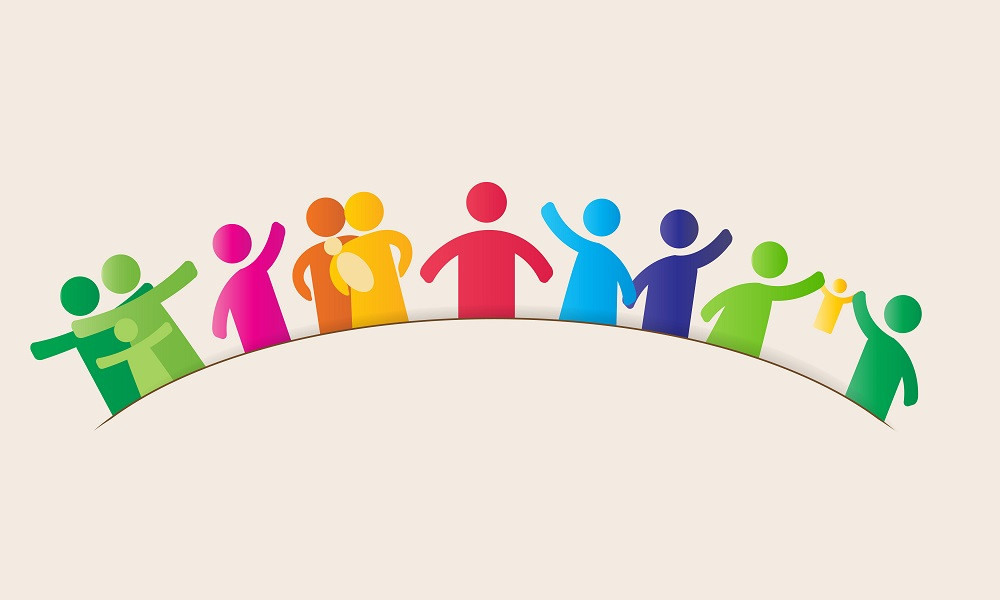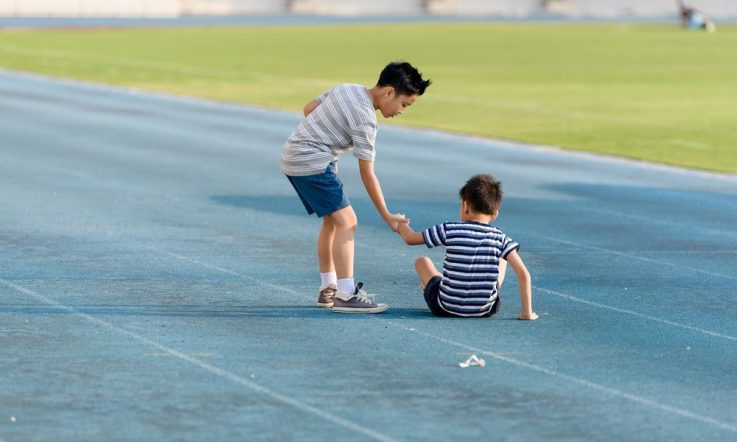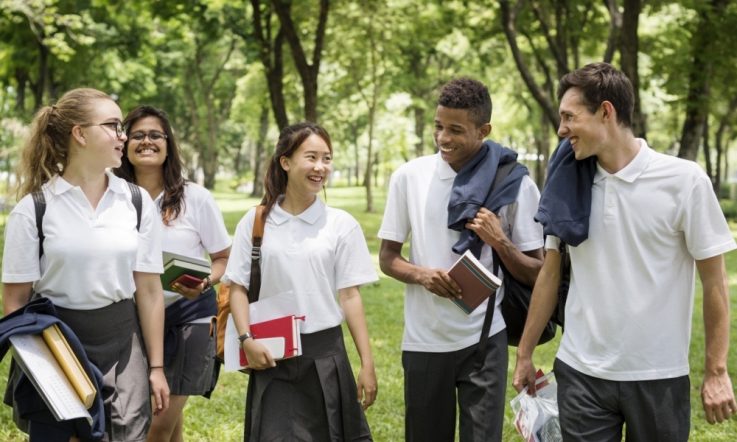In Australia, around 1000 school-aged children and more than 127 000 adults are diagnosed with cancer each year. About a third of those adults are under 60, and many will have a school-aged child, according to data from the Australian Institute of Health and Welfare.
As an educator, knowing how to respond to the diagnosis of a student or staff member, or a loved one of anyone within the school community, can be challenging.
The Cancer Council has just launched a newly revised edition of the Cancer in the School Community resource. It is designed for teachers, principals and school counsellors and provides expert knowledge, practical strategies and personal insights to help navigate a cancer diagnosis and provide support throughout all stages of cancer.
Responding to difficult questions
Caroline Powell is a Senior Psychologist-Education at Northern Beaches Secondary College's Freshwater Senior Campus. As a supervisor for school counsellors in around 20 schools on the Northern Beaches in Sydney, Powell says her work has shown her that it is rare to find a school community that has not been affected by cancer in some way.
‘The school is a key source of support and stability for students, families and staff members, but sometimes it is difficult to know how to respond when faced with difficult questions about cancer,' she says.
The first edition of this resource was published in 2008, and it is reviewed approximately every three years. Powell has been using an earlier edition of the resource in her school setting and is familiar with its contents. In fact, when her nephew suffered childhood cancer some years ago and Powell was the counsellor in his school, she found this resource helped her to navigate the process in a professional way when she was so emotionally involved.
‘As a counsellor and psychologist, you can't allow emotion to get in the way. And this resource was just fantastic. …He survived and at this stage is in remission, but I'd spent a lot of time in oncology and I didn't have the information as readily as this resource provided.'
When Powell's nephew returned to school, his classmates naturally had lots of questions. ‘He was in remission but kids at that age would ask questions about “What is cancer?” “Can you catch it?” “Why does he have to go away so often?” And instead of talking to them in a way that I wasn't sure was going to give them the answers they wanted, this really provided [information relevant to their] developmental stages.'
Advice for school staff
The resource was developed with the help of educators, cancer specialists, families and students from around Australia. Noting that every cancer experience and situation is different, it provides general guidelines that can help teachers to provide age-appropriate support in response to the wishes of the individual and their families. Schools are also recommended to use it in conjunction with their existing wellbeing and communication guidelines and resources.
For staff looking to use the Cancer Council resource in their own school setting, Powell says it's important for them to be aware of their own sensitivities and triggers before getting started.
‘Part of it is preparing staff for how they're going to be emotionally dealing with it. I would always give them the resource first and say, “have a good look through this, if you have any questions or any sections that you feel are particularly confronting, then can you let me know and if I can't help you in terms of providing the information you need, at least I can get it all and point them in the right direction”.'
According to Powell, it's important that all teachers familiarise themselves with the contents of this resource, because if they find themselves affected by cancer unexpectedly it can be really difficult to think and react clearly. ‘And I just think, don't wait until there is some cancer crisis – have a look at this, read it, pick up some of the things, because when there is a crisis and your brain has gone to mush, there is stuff here that you will remember.'
Supporting parents
Powell says many parents in her school have been touched by cancer, and when they know that the school is there to support their child, it makes a world of difference.
‘They've said they feel so good knowing that their kids are going to school and being supported and just having an understanding of what is going on at home. I think it's that whole context of the school environment that helps. So the more people that know about this resource, the more people it will help,' Powell shares.
‘It's based on evidence, research knowledge and real-life experiences. I really like the quotes that are in there from either kids or parents who have had it, and you can use it for the whole community.'
Schools can order a hard copy of the resource or read the pdf version online.
References
Australian Institute of Health and Welfare (AIHW), Australian Cancer Incidence and Mortality (ACIM) books: all cancers combined, AIHW, Canberra: December 2017
Cancer in the School Community is available for download, or schools can order free hard copies by calling the Cancer Council on 13 11 20.
The Cancer Council encourages staff to also use their school’s existing wellbeing and communication guidelines and resources. As a teacher, are you aware of the guidelines and resources that already exist in your school? As a principal, how often are these policies, guidelines and resources reviewed and updated?



